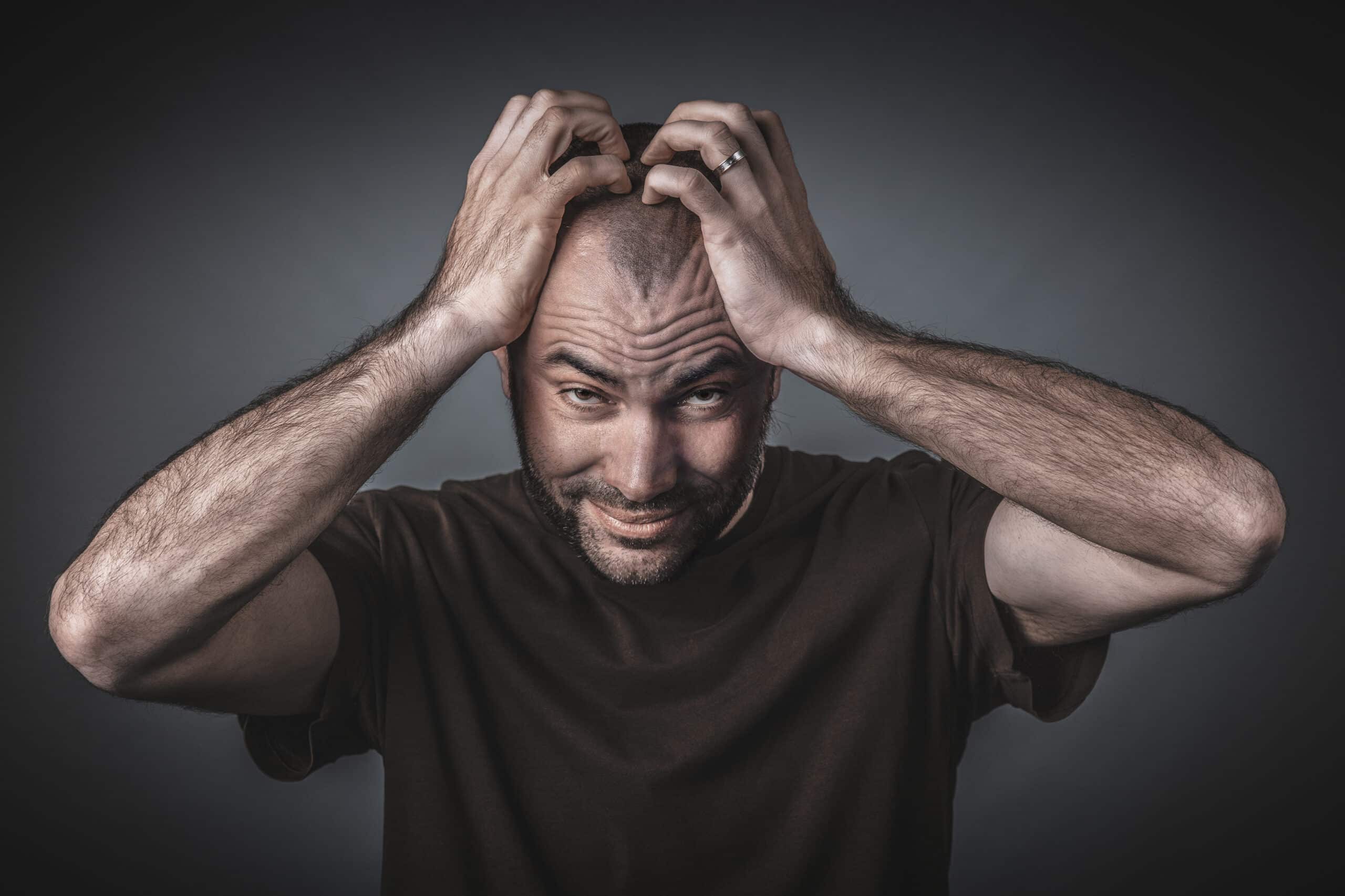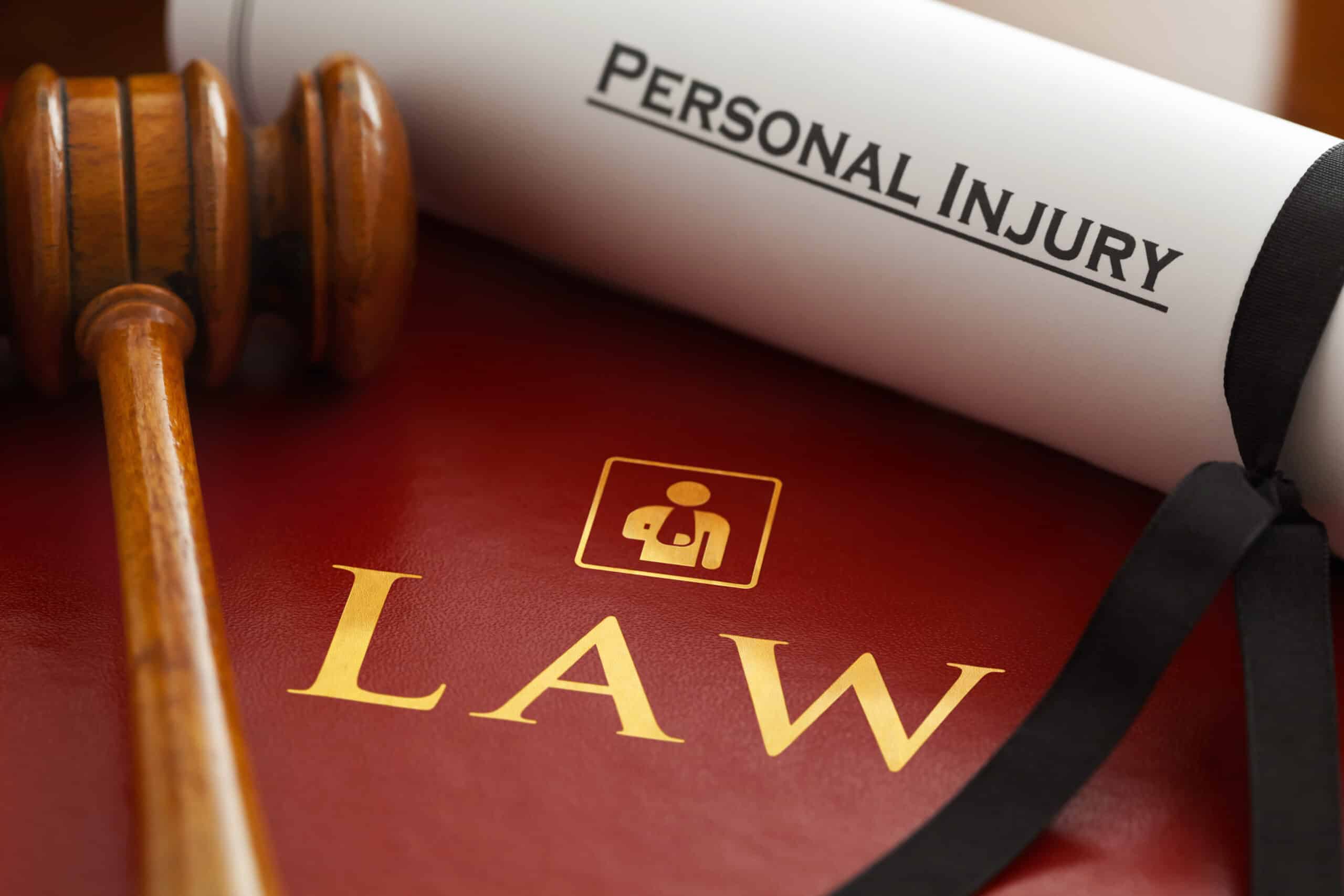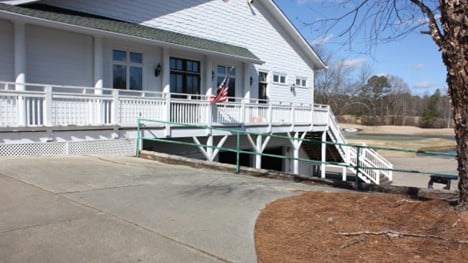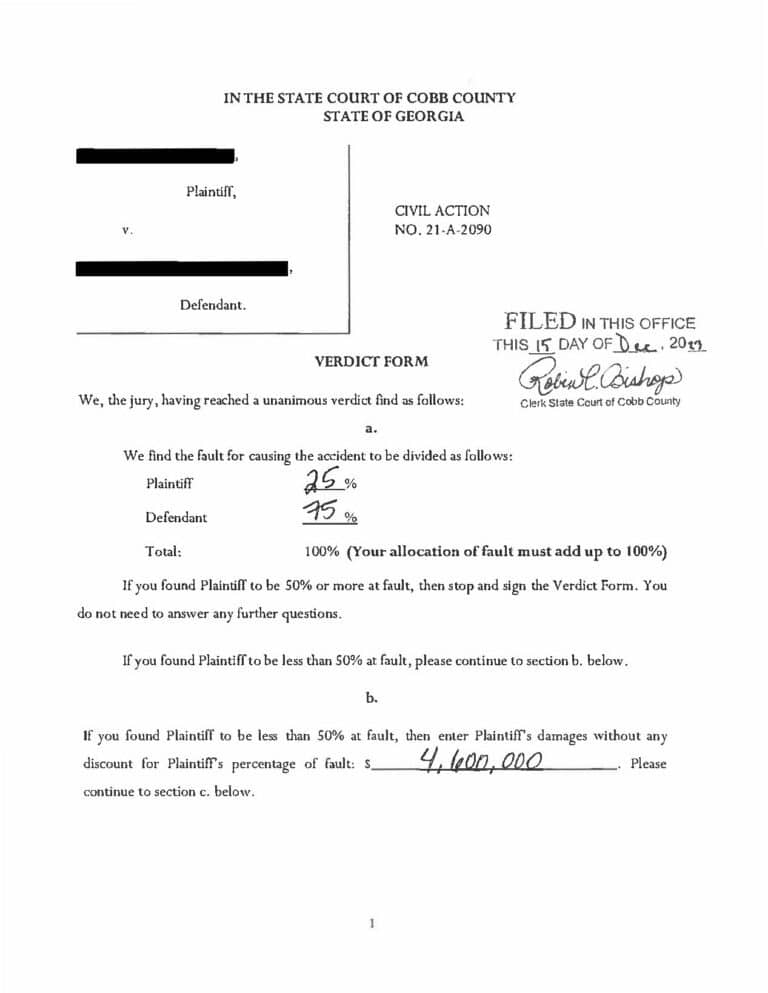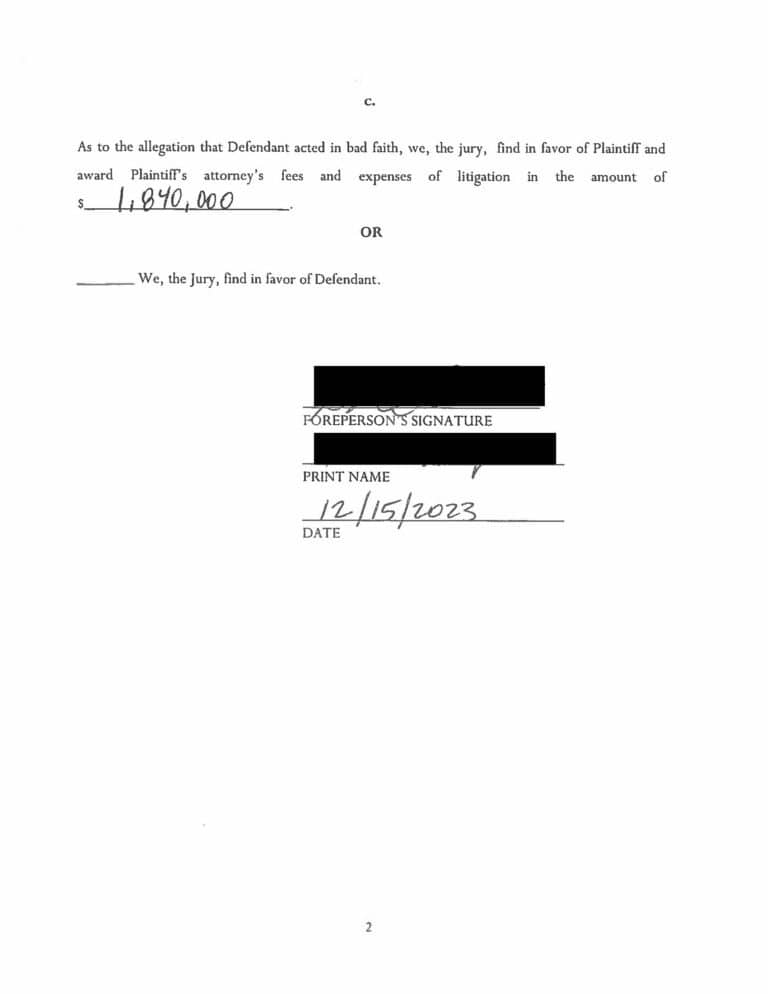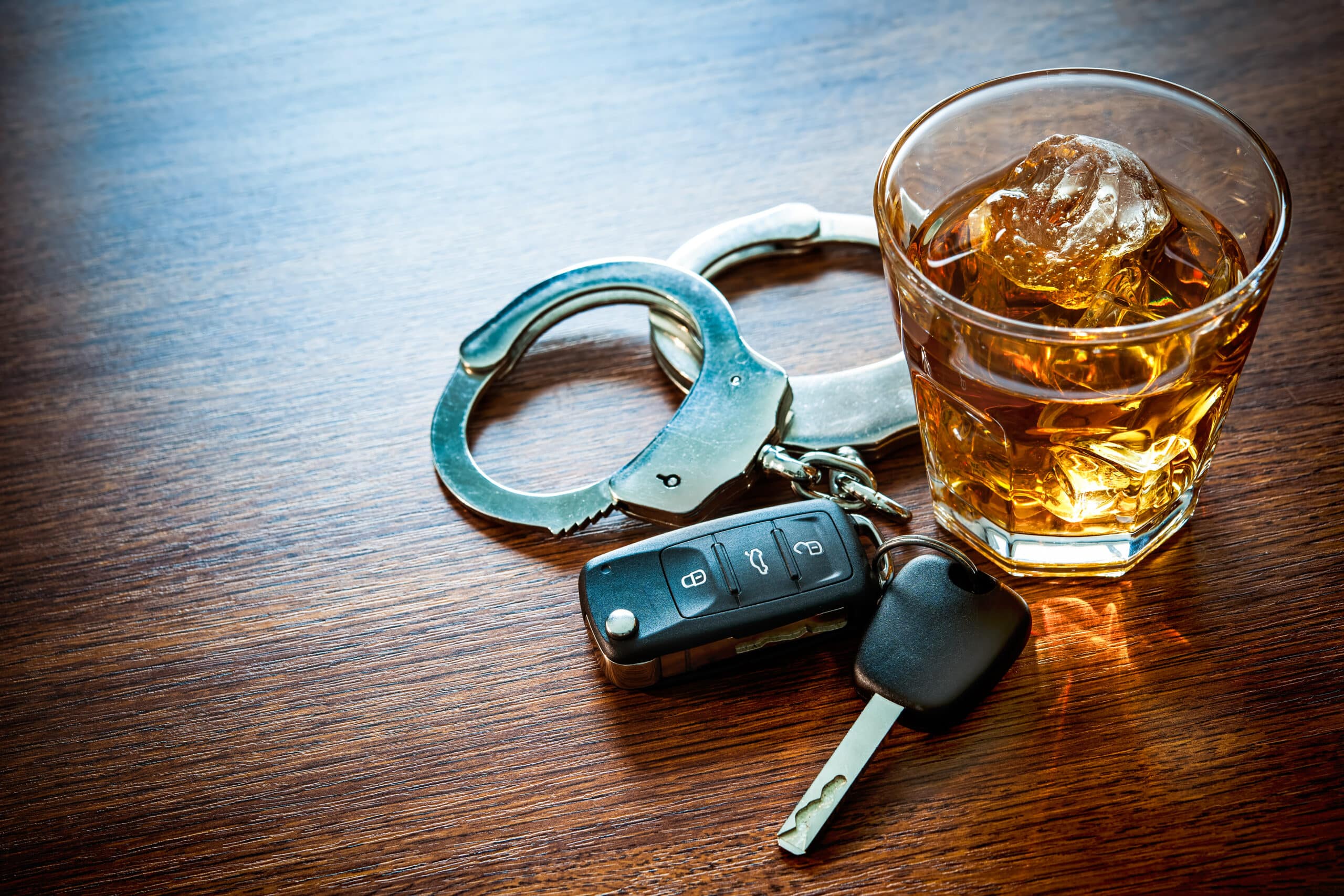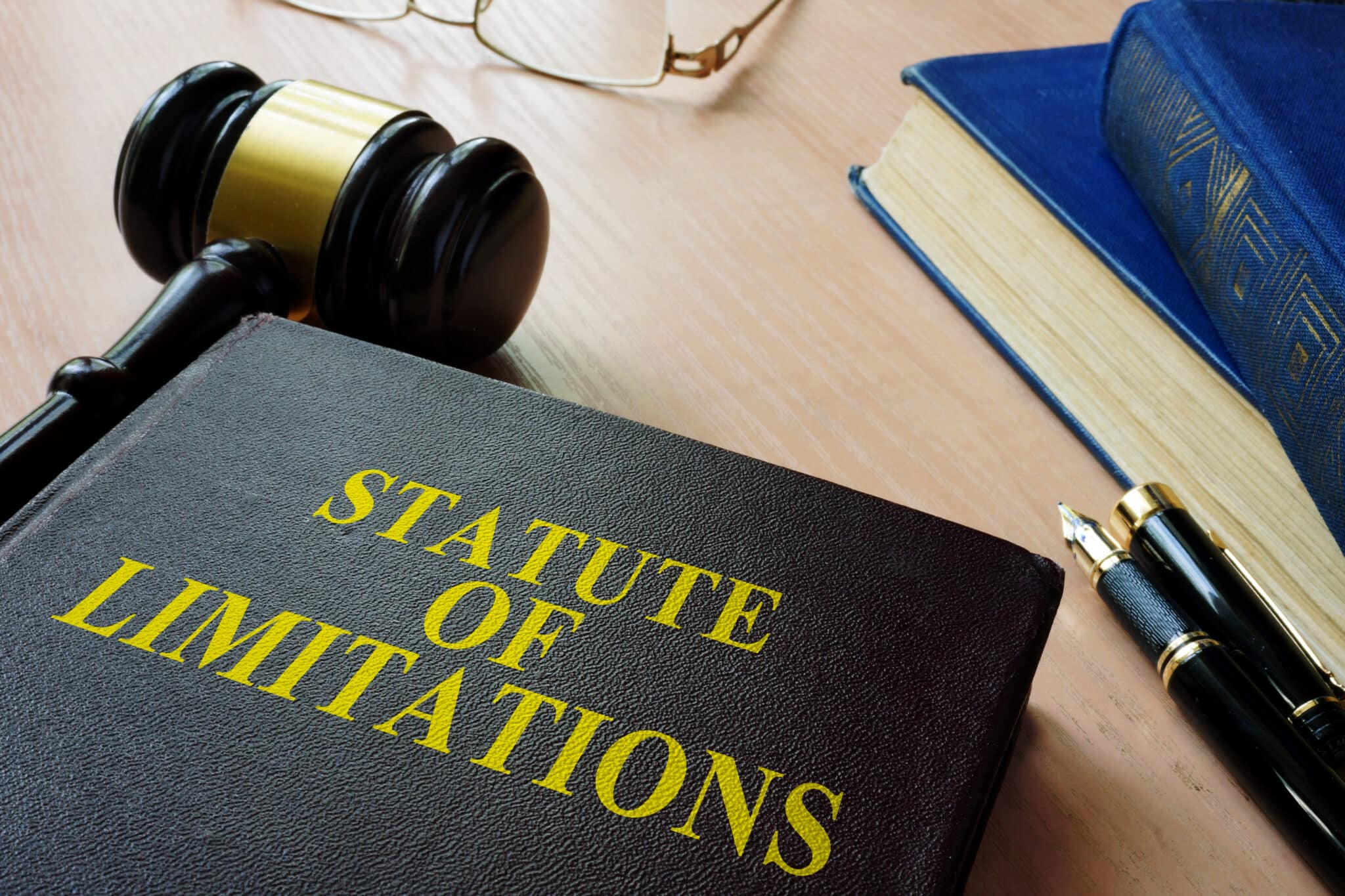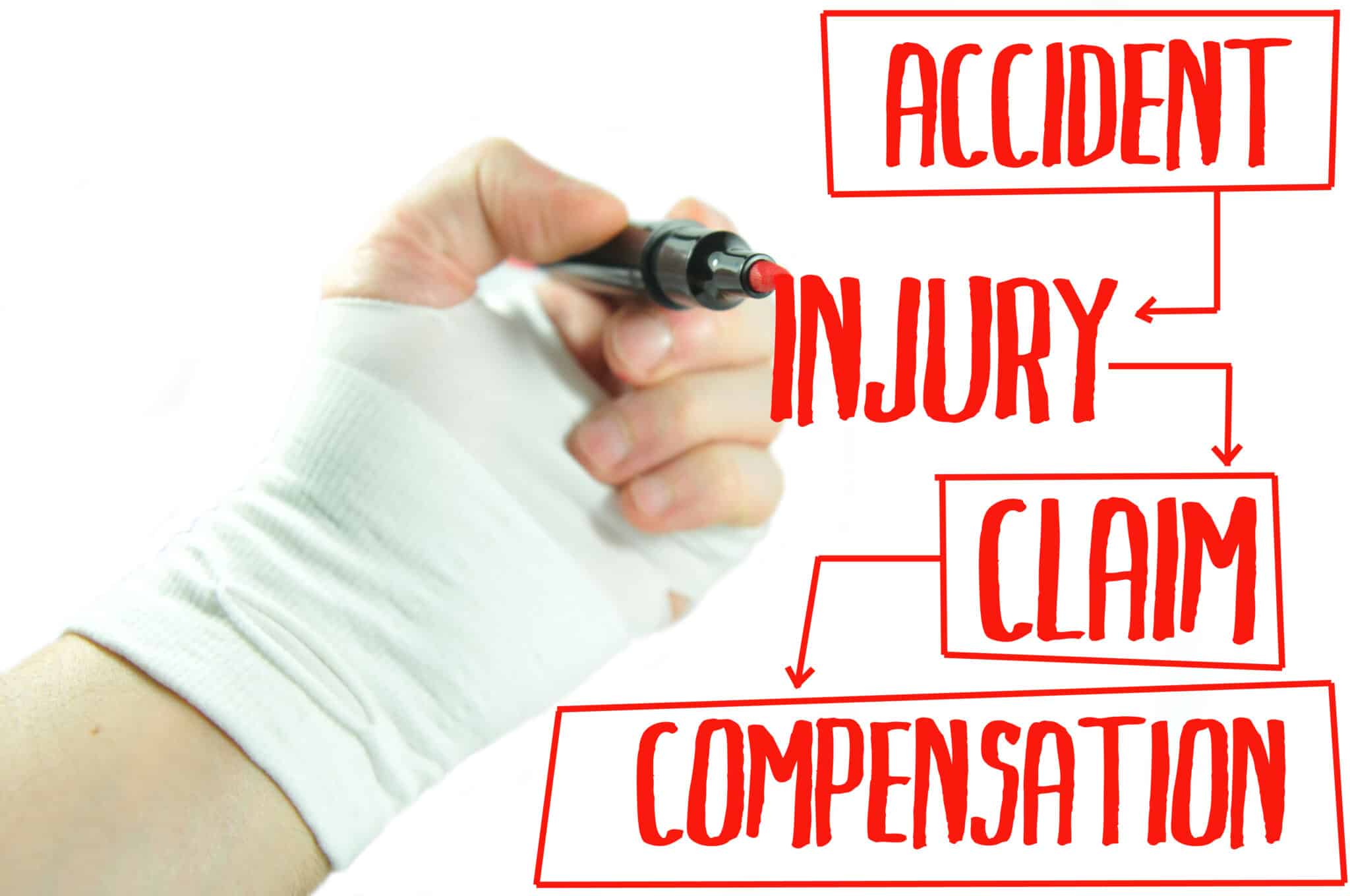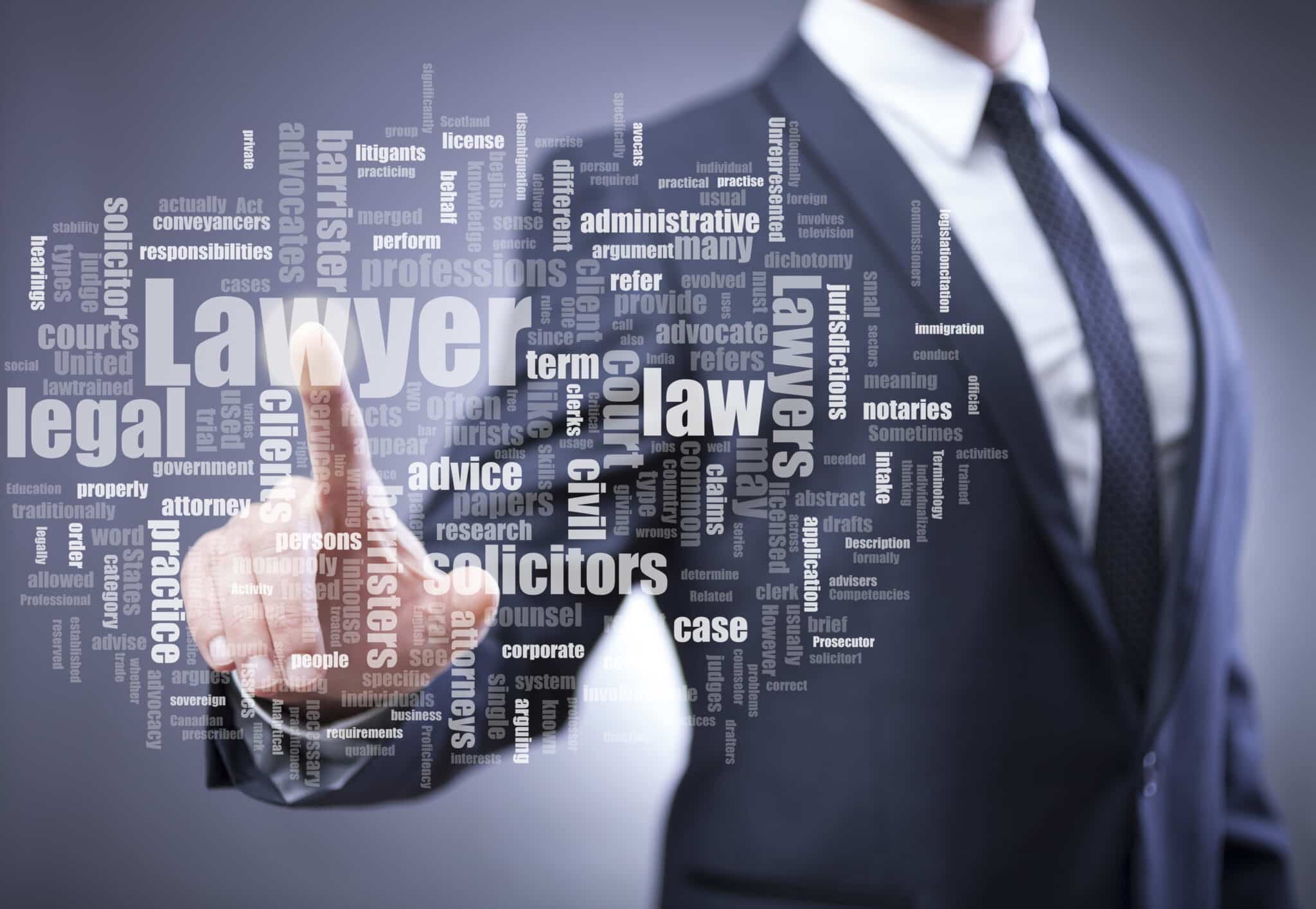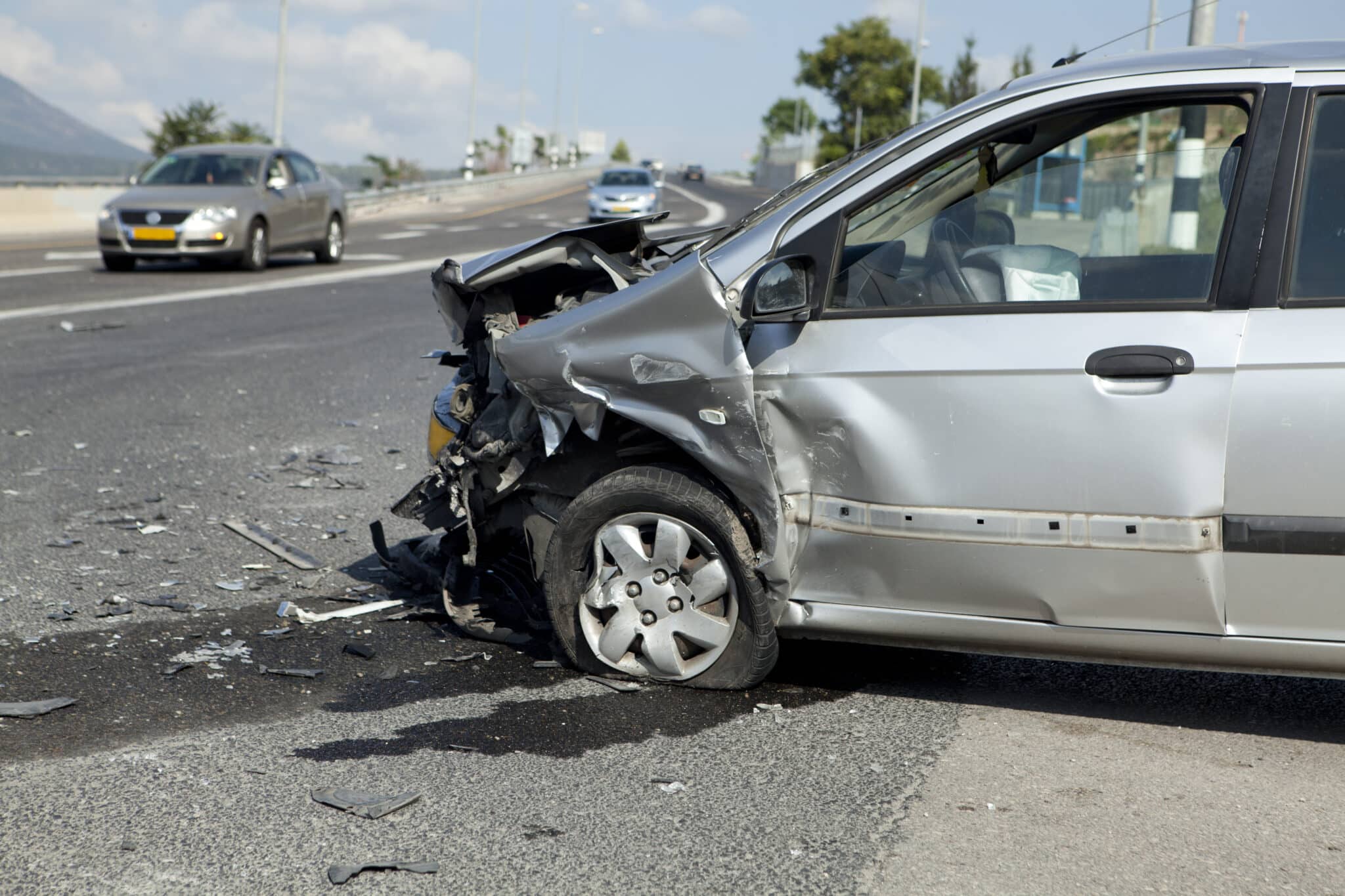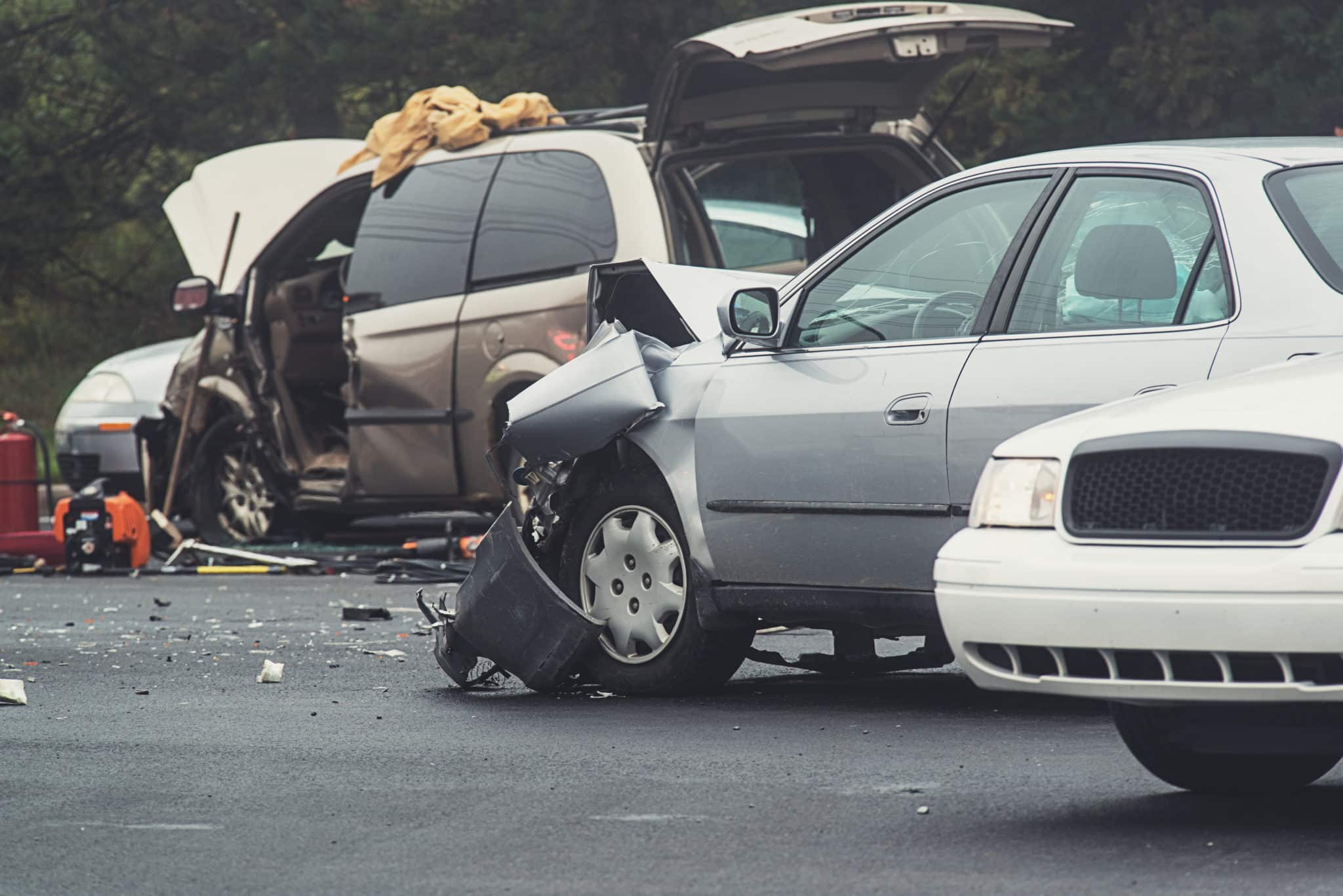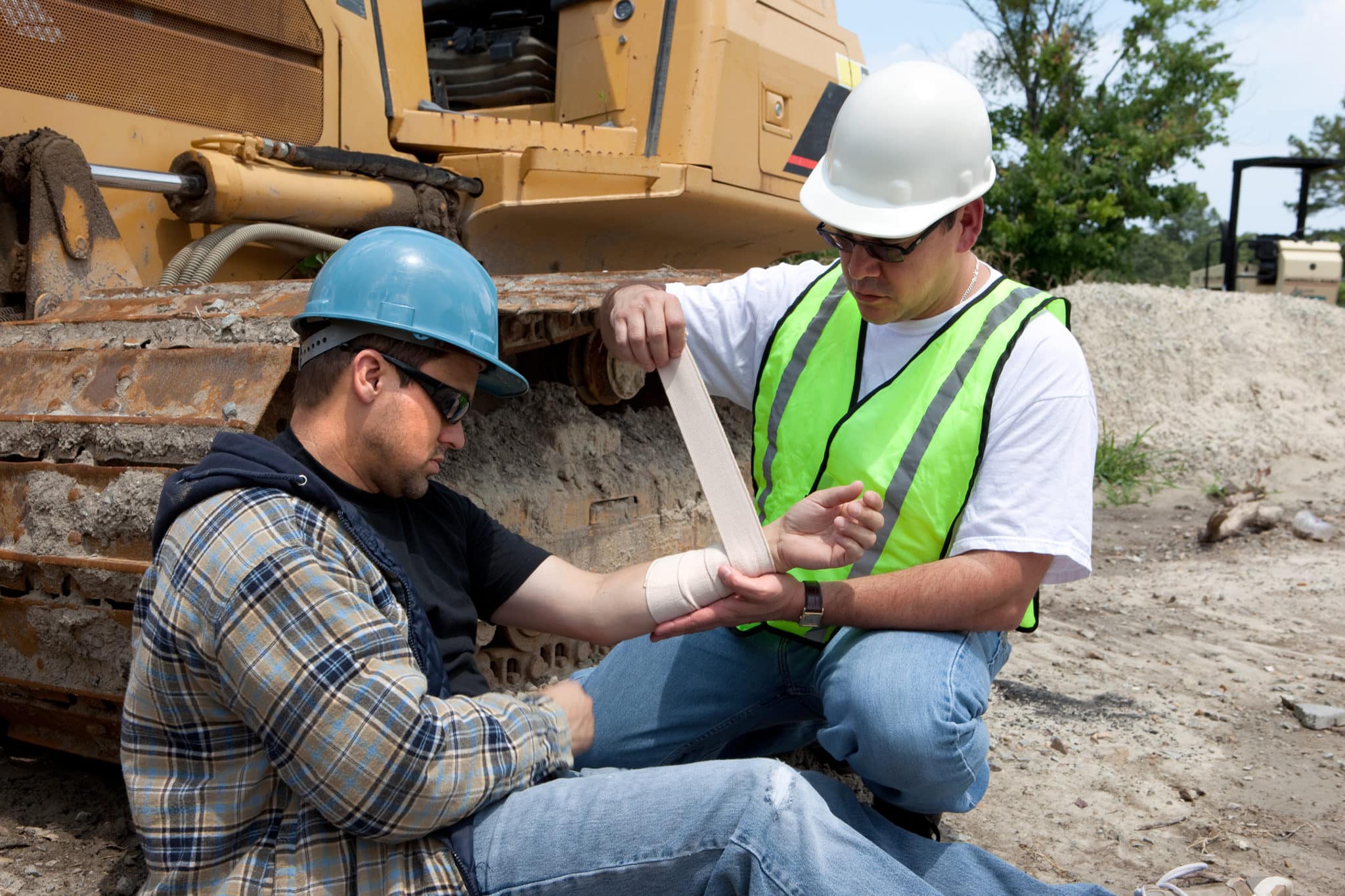According to the U.S. Bureau of Labor Statistic (BLS), approximately 2.8 million workers are injured on the job each year, and more than 5,000 are killed. Many of these accidents are caused by falling objects. In fact, the United States Department of Labor has labeled falling objects as one of construction’s “fatal four” types of accidents. If you or a loved one has been injured by a falling object at a work site, you should be aware of your legal rights and options. Williams, Elleby, Howard, & Easter is dedicated to getting accident victims the compensation they deserve. To schedule a free case evaluation, call 833-LEGALGA today.
Falling Object Injuries on Work Sites
Whenever work is being done on multiple levels, there is always the risk that debris will fall or objects will be dropped. Employers have a duty under OSHA regulations to maintain a safe work site and ensure that workers have the proper protective gear. For example, OSHA Standard 1910.219 provides a long list of requirements to guard against handheld machinery used in overhead work causing injury. While, OSHA Standard 1917.112 requires the use of toeboards around edges of walkways to prevent objects from rolling off and injuring people below. Workers have a right to request an OSHA safety inspection if they feel conditions are unsafe, and employers are forbidden from retaliating against workers that make such a request.
Ultimately, however, for workers covered by Georgia’s Workers Compensation Law, a determination of fault is ultimately irrelevant in most cases. This is because Georgia workers automatically receive benefits when they are injured on the job, regardless of who is at fault. However, compensation is also limited.
Georgia’s Workers’ Compensation Law
Workers’ compensation functions by providing workers injured on the job with automatic compensation for harm and with benefits if they become disabled. Workers’ compensation insurance also provides benefits to dependents if a worker dies as a result of a job-related injury. The tradeoff, however, is that workers are prohibited from bringing lawsuits against employers (or co-workers) if they suffer harm in the course and scope of their employment.
Determining whether workers’ compensation applies is often complicated. In the State of Georgia, any employer with three or more employees is required to carry workers’ compensation insurance. When jobs utilize contractors and subcontractors, it is often unclear at first whether a particular worker will be covered by the law. The experienced personal injury attorneys at Williams Elleby, help worksite accident victims navigate the law so that their rights are protected.
Non-Worker Victims of Harm
Non-workers are not covered by Georgia’s Workers’ Compensation Law. For instance, if a pedestrian strolling past a construction site is struck by a falling object, she is free to bring a negligence claim against the party or parties responsible for dropping the object. She could also bring a premises liability claim against the owner of the property where the injury occurred.
Premises Liability vs Negligence: Who is Responsible
When a non-worker is injured by a falling object, she can bring a claim against any responsible parties. Many times, the person who drops the object is not the owner of the property where the injury occurs. In this situation, an injured party could have claims against both the person who dropped the object as well as the property owner.
First, the claim against the person who dropped the tool would be a simple negligence claim. In pursuing this claim, a skilled attorney would examine whether the person who dropped the tool took reasonable precautions to guard against dropping the object. The attorney could look to OSHA standards that might apply to the jobsite in question. For instance, OSHA Regulations require that construction sites employee a number of fall protection measures when erecting or working on scaffolding. The attorney could then analyze whether the negligent party properly complied with the regulations to show that the worker did not act reasonably while completing work at the site.
Examples of Overhead Work Protection Measures:
- OSHA Standard 1926.105 requires the use of overhead safety netting when work is completed more than 25 feet above the ground.
- OSHA Standard 1910.145 requires the use of warning signs to warn of the risk associated with falling objects on a job site.
- OSHA Standard 1917-112(d) requires the use of toeboards, or raised edges, to prevent items from rolling off of the edge while working overhead.
Second, there could be a premises liability claim against the owner of the property where the injury occurred. Premises liability claims can be brought when property owners are at fault for failing to keep dangerous conditions off their property. O.C.G.A § 51-3-1 provides that a landowner must take reasonable steps to keep its premises safe. Again, a skilled attorney could use the OSHA Regulations to show that the landowner was aware that work was taking place and failed to ensure that the proper safety protocols were met to prevent injury to people walking below.
Damages in a Personal Injury Suit
The final step in the process is determining the dollar amount of the injured person’s damages. Georgia personal injury law is intended to fully compensate victims for their harm. Compensation from a personal injury lawsuit, also called damages, is intended to pay for things like medical expenses, lost wages, and pain and suffering. In cases where a defendant exhibited intentional or reckless conduct, punitive damages may be available. However, injury claims covered by the Georgia Workers’ Compensation Law will be strictly limited to the compensation permitted under that law. Georgia Worker’s Compensation Law provides a specific award schedule that dictates how much a worker’s injury is worth.
However, when a non-worker is injured, the measure of damages is more fluid. A skilled attorney can utilize the injured party’s medical bills, along with evidence of missed time from work, and general pain and suffering to advocate for a more accurate measure of damages. The attorney is able to make specific arguments about how long it took for the injured party to recover. The length of recovery is important as the attorney can attach a dollar amount to the time spent recovering. Attorneys also rely on witness testimony and other evidence to paint a vivid picture of how the injury affected the injured party. This provides the jury with a detailed perspective of the injury and the suffering it caused.
Real World Experience
A few years ago, we were contacted by a man, Mr. Smith, who sustained a skull fracture when a tool hit him in the head while he was working at a retail store. Upon further investigation, we learned that Mr. Smith’s employer sent him to clean the floors at the retail store. Mr. Smith walked into a closet to get some supplies and was struck in the head by a falling tool. Unbeknownst to him, a man from another company was climbing a ladder inside the closet and dropped a tool, which struck Mr. Smith in the head.
This workplace injury involved all three claims we have discussed in this article- a workers compensation claim, a premises claim, and a negligence claim. First, Mr. Smith was on the job when the injury occurred. Therefore, we brought a workers compensation claim to obtain the benefits afforded to Mr. Smith under Georgia’s workers compensation system. Secondarily, we brought a premises claim against the retail store where Mr. Smith was working for failing to keep its premises safe. Finally, we brought negligence claims against both the worker who dropped the tool for failing to exercise due care in transporting the tool up the ladder and his employer for failing to adequately train its employee.
During the litigation, we argued that all parties involved violated multiple OSHA regulations on the date of the incident. We used those rules to point out that each of the defendants could have taken relatively simple actions to prevent this catastrophic injury from occurring. For example, the retail store could have required workers to post a sign warning of overhead work taking place or the worker climbing the ladder could have utilized a rope and bucket method to raise his tools up the ladder. As a result, we were able to successfully prove that the store, the worker, and the worker’s employer negligently breached their duty of care to Mr. Smith.
We also relied on the medical opinions of Mr. Smith’s treating physicians to prove that the tool hitting Mr. Smith caused his injuries. These opinions were crucial in proving Mr. Smith’s damages. We relied on these records to highlight the significance of the trauma, the need for surgical repair of Mr. Smith’s neck, and the permanence of his injuries. Normally, we would take a deposition of the treating physicians to elicit testimony as to whether the incident in question caused our client’s injury. However, here we were able to rely on Mr. Smith’s medical records because they clearly stated that Mr. Smith’s injuries were caused by the tool hitting him on the head.
We spent hours investigating and researching these issues to make sure we painted a clear picture of the injury, liability, and damages involved with this case. As a result, we utilized this information to secure a significant settlement for Mr. Smith that would compensate him for his injuries.
For More Information, Contact Williams Elleby Howard & Easter
Worksite accidents can be devastating, particularly when caused by falling objects. Victims need the support of qualified and experienced legal counsel on their side. The experienced personal injury attorneys at Williams Elleby Howard & Easter work hard to get accident victims the compensation they deserve.
Located in Kennesaw, Georgia, Williams, Elleby, Howard, & Easter serves clients throughout the State of Georgia. If you or a loved one has suffered an injury at a work site due to a falling object, the attorneys at Williams, Elleby, Howard, & Easter can help you understand what possible claims you may have and work to get you the compensation you deserve. To schedule a free consultation, call 833-534-2542 today.
